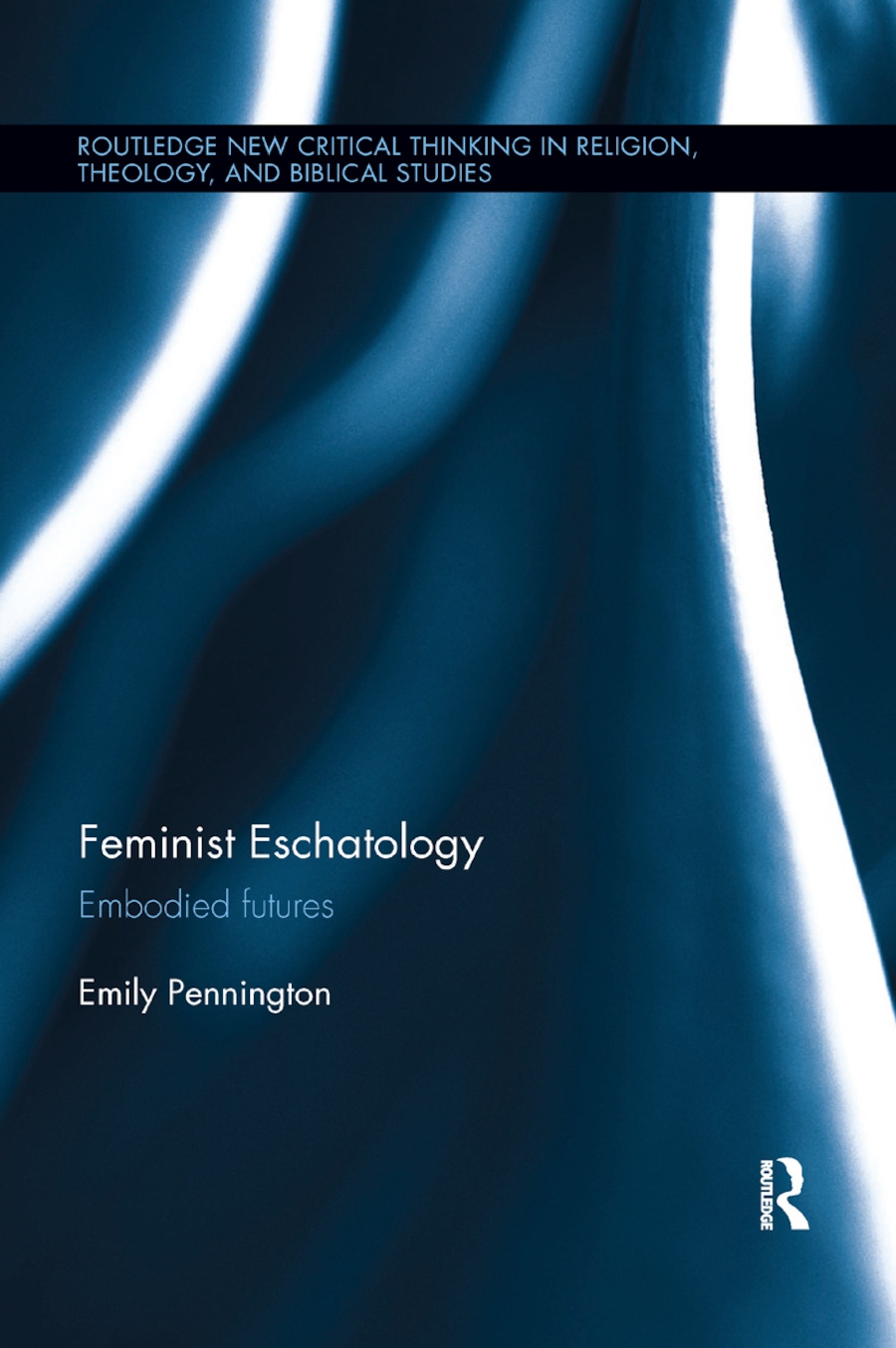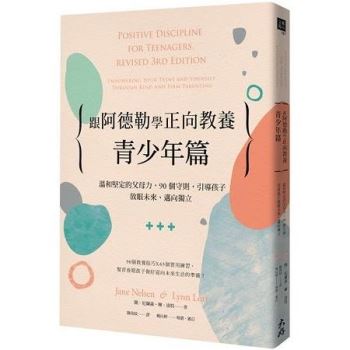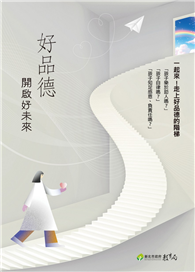Many feminist theologians have made timely and valuable contributions to rethinking the eschaton by framing it as cyclical and by embracing endings as they are experienced by present relational, fluid, and sensuous bodies. However, any sense of eschatological finality or ultimacy has either been rejected or ignored. Feminist Eschatology seeks to think differently about Christian eschatology in light of contributions from feminist theologians, noting the numerous and varied critiques they have made of traditional models. These critiques are identified as being directed towards three key claims: eschatology is understood to be actuated by a domineering God, populated by masculinised beings, and disassociated from present lives. Using a form of strategic feminism, wherein traits associated with female bodies, and some women's experiences of their bodies, are used to rethink the end-time of the eschaton, this book contributes to the meaning and significance of both bodies and eschatology.
| FindBook |
有 1 項符合
Feminist Eschatology: Embodied Futures的圖書 |
 |
Feminist Eschatology: Embodied Futures 作者:Pennington 出版社:Routledge 出版日期:2019-12-12 語言:英文 規格:平裝 / 224頁 / 普通級/ 初版 |
| 圖書館借閱 |
| 國家圖書館 | 全國圖書書目資訊網 | 國立公共資訊圖書館 | 電子書服務平台 | MetaCat 跨館整合查詢 |
| 臺北市立圖書館 | 新北市立圖書館 | 基隆市公共圖書館 | 桃園市立圖書館 | 新竹縣公共圖書館 |
| 苗栗縣立圖書館 | 臺中市立圖書館 | 彰化縣公共圖書館 | 南投縣文化局 | 雲林縣公共圖書館 |
| 嘉義縣圖書館 | 臺南市立圖書館 | 高雄市立圖書館 | 屏東縣公共圖書館 | 宜蘭縣公共圖書館 |
| 花蓮縣文化局 | 臺東縣文化處 |
|
|
圖書介紹 - 資料來源:博客來 評分:
圖書名稱:Feminist Eschatology: Embodied Futures
作者簡介
Emily Pennington is Visiting Lecturer at the University of Chester, and teaches undergraduate classes in contextual and practical theology. Published papers include Does Feminism Need the Future? Rethinking Eschatology for Feminist Theology in Feminist Theology (2013), "Touching the Future: A Living Eschatology" in the International Journal of Public Theology (2015), and a number of book reviews in journals such as Modern Believing, the Journal of Beliefs and Values, and Studies in Christian Ethics. Her research interests include exploring and affirming women’s experiences of embodiment, particularly with regards to experiences of creativity and sensuality.
|











